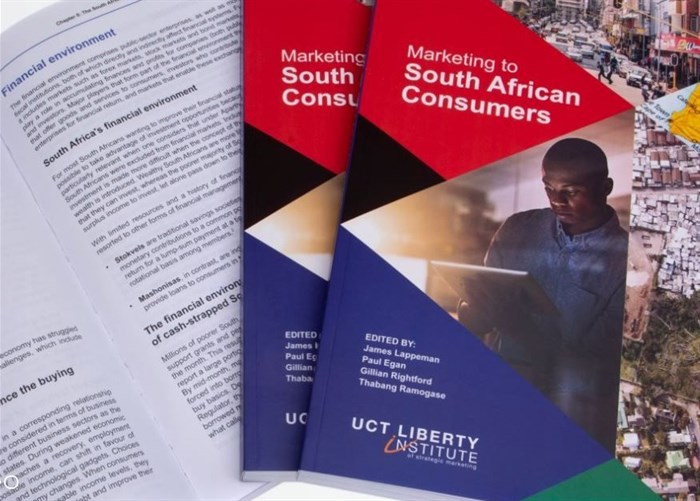
Top stories






More news


Marketing & Media
Ads are coming to AI. Does that really have to be such a bad thing?














The textbook, Marketing to the South African Consumer has reportedly been downloaded 14,000 times since its launch in February 2021. The book, published by the UCT Liberty Institute of Marketing, forms part of an initiative to help relieve financial pressure on students by alleviating the cost of buying textbooks.
Aimed at learners at tertiary institutions, the book focuses on key marketing concepts but with a distinctly local focus. The book was born out of a partnership between UCT and Liberty, which is based on building South African marketing capability and knowledge.
"The book is written to form part of the curricula of marketing in South Africa and is written by local academics reflecting their own experiences in the field. Usually, lecturers have to adapt overseas textbooks, but this book talks directly to the local landscape. Crucially, it is freely accessible to anyone to download, which will help thousands of students, most of whom are under immense financial pressure," says Graham Easton, divisional executive for Research and Insights at Liberty.
"The idea here is to provide access to the particular nuances of marketing in this country."
Easton gives the example of the uniquely South African Kasi culture, in which many consumers straddle the divide between a township lifestyle and that of the suburbs.
One of the book's co-authors Thabang Ramogase, Liberty's chief marketing officer, believes that many difficulties surrounding access to education have been exacerbated by the pandemic, in particular the costs of learning material. He says he hopes Marketing to the South African Consumer will help remedy this situation.
Dr James Lappeman from the UCT Liberty Institute, a co-author of the book, says he is excited by the book’s potential impact: “We’re proud of the content, but we’re also delighted that in these hard times we are able to do our bit to help students. The big uptake over a short period shows the demand for high quality open resources and we hope that more open-source resources are made available over time.”
The book is available at https://openbooks.uct.ac.za/uct/catalog/book/29 or can be downloaded from the UCT Liberty Institute’s website: http://www.libertyinstitute.uct.ac.za.